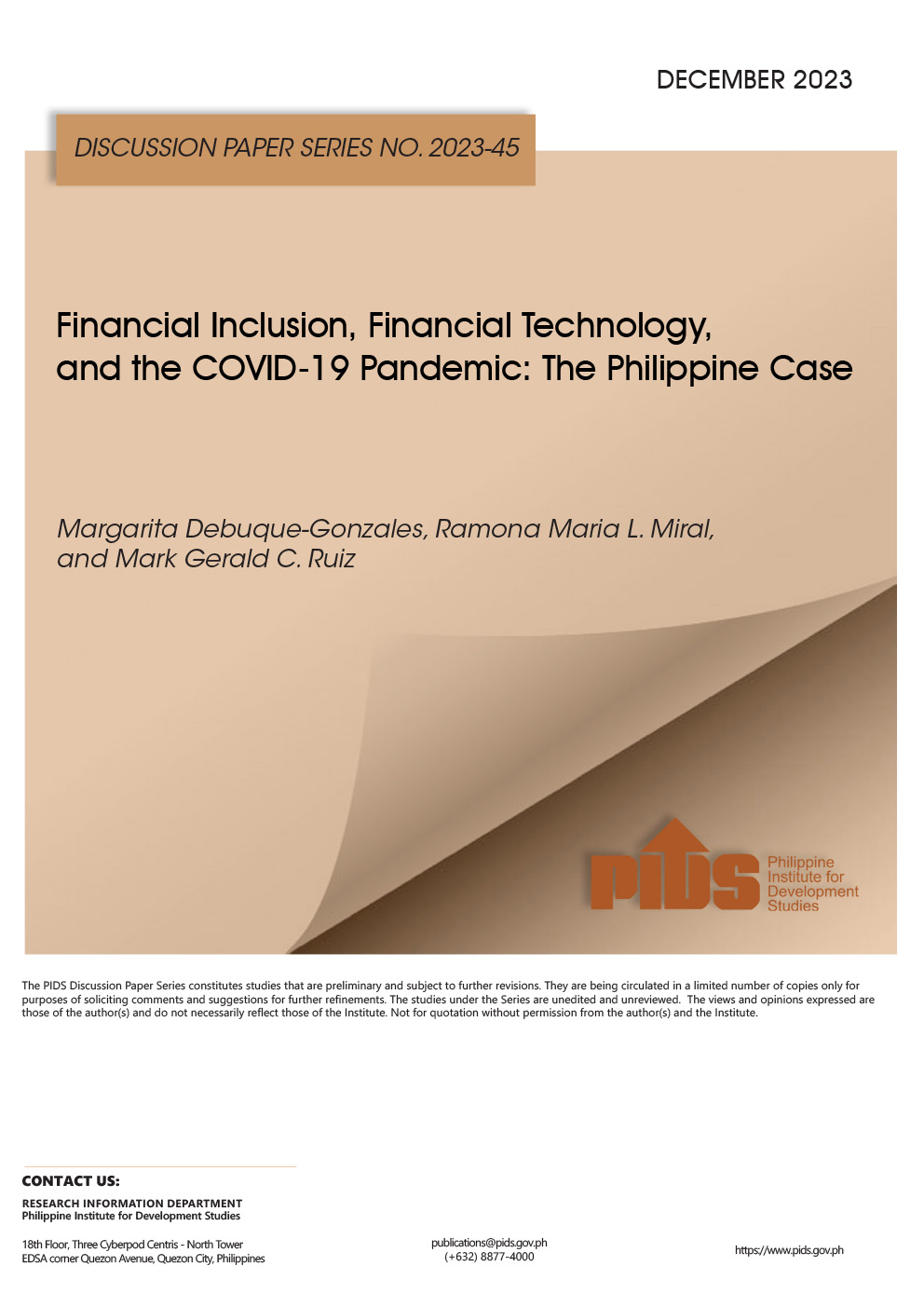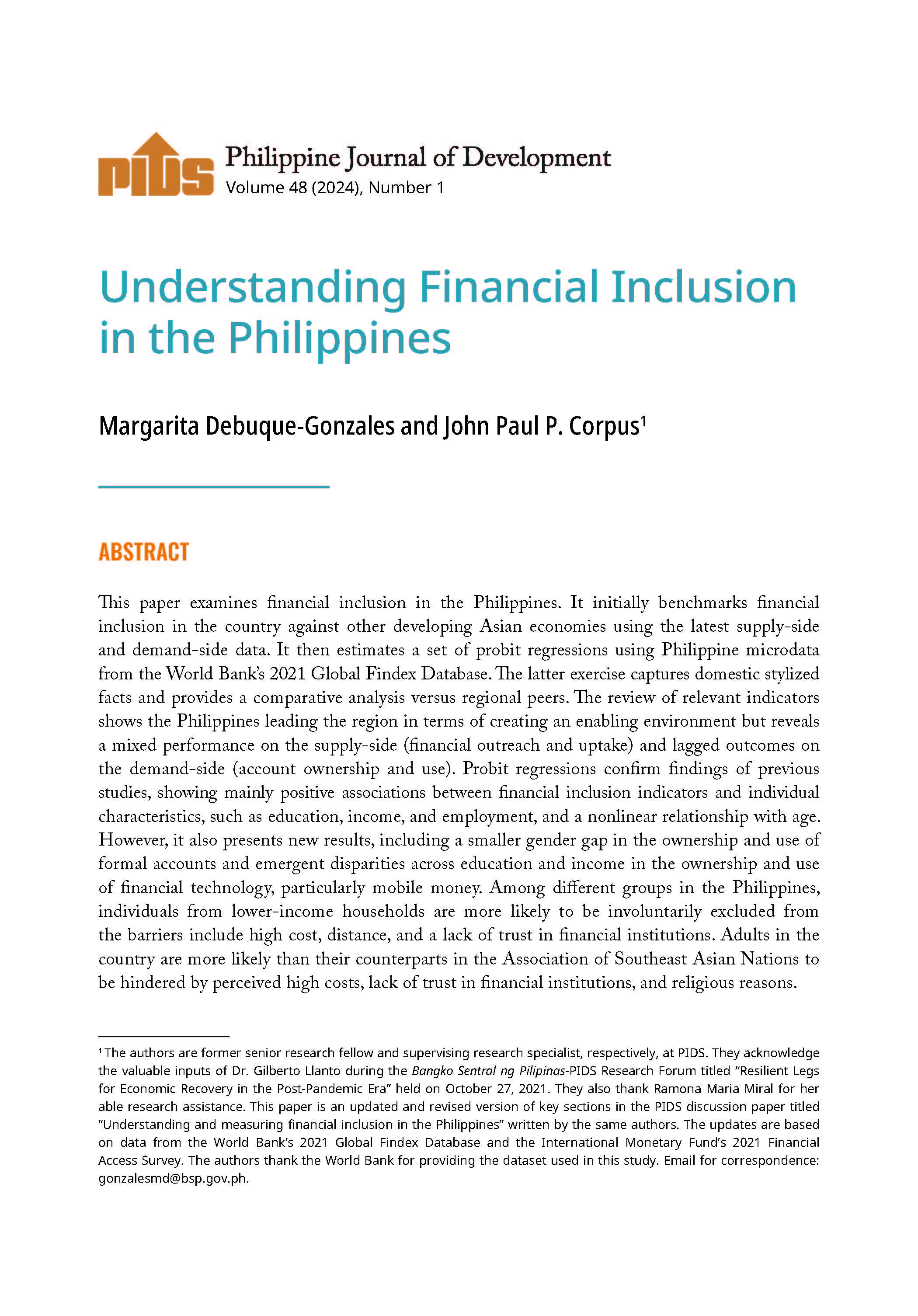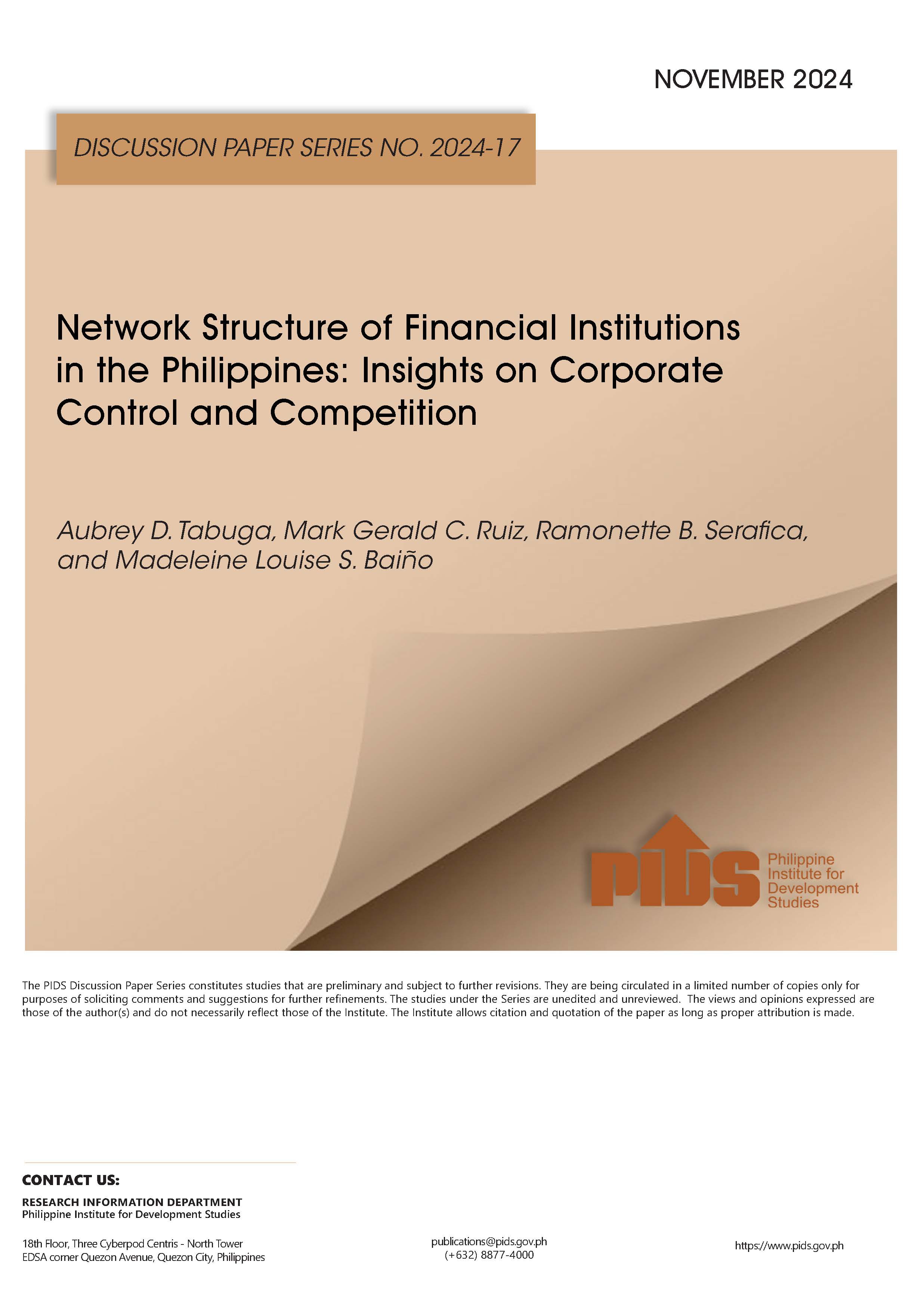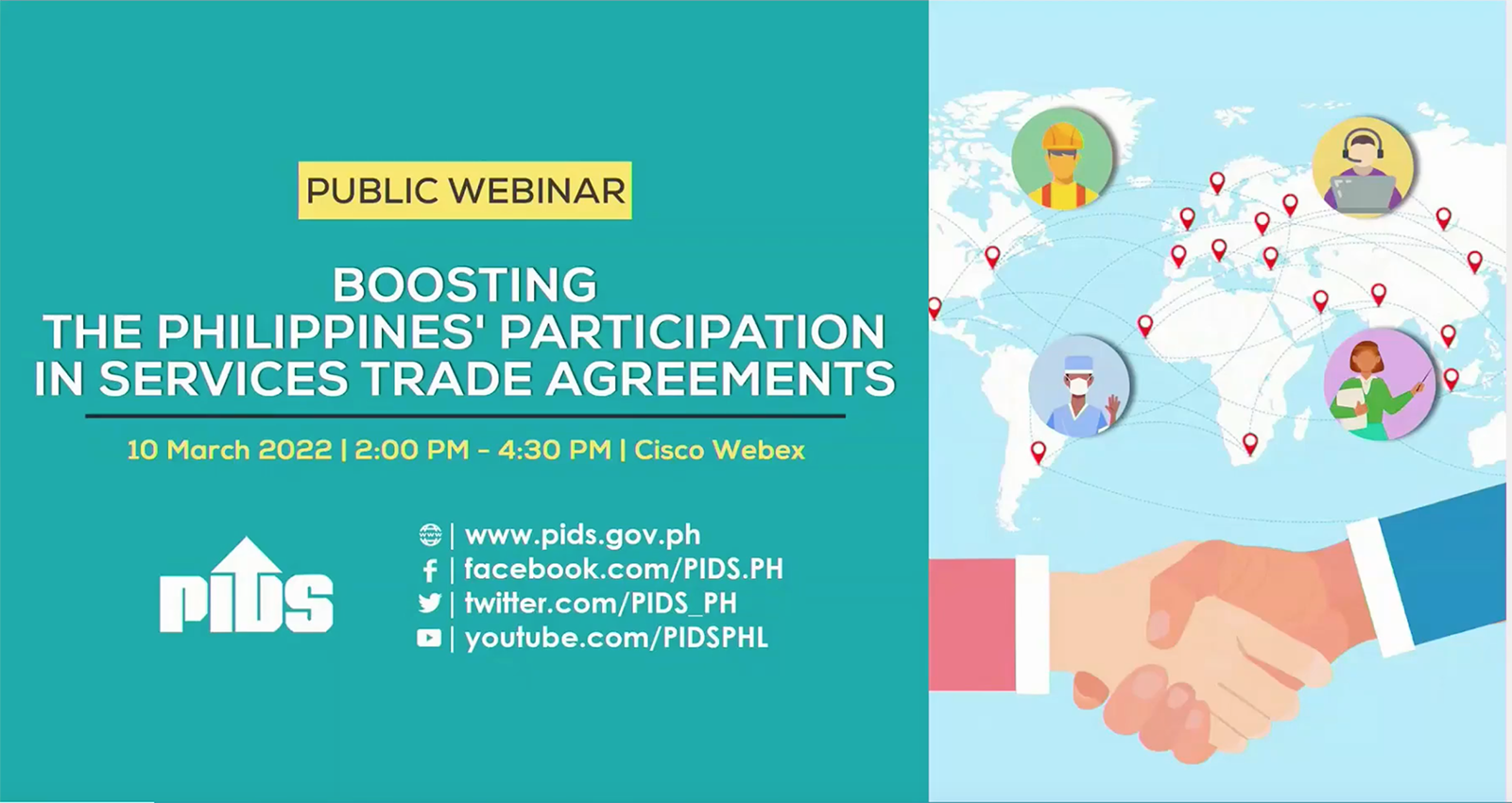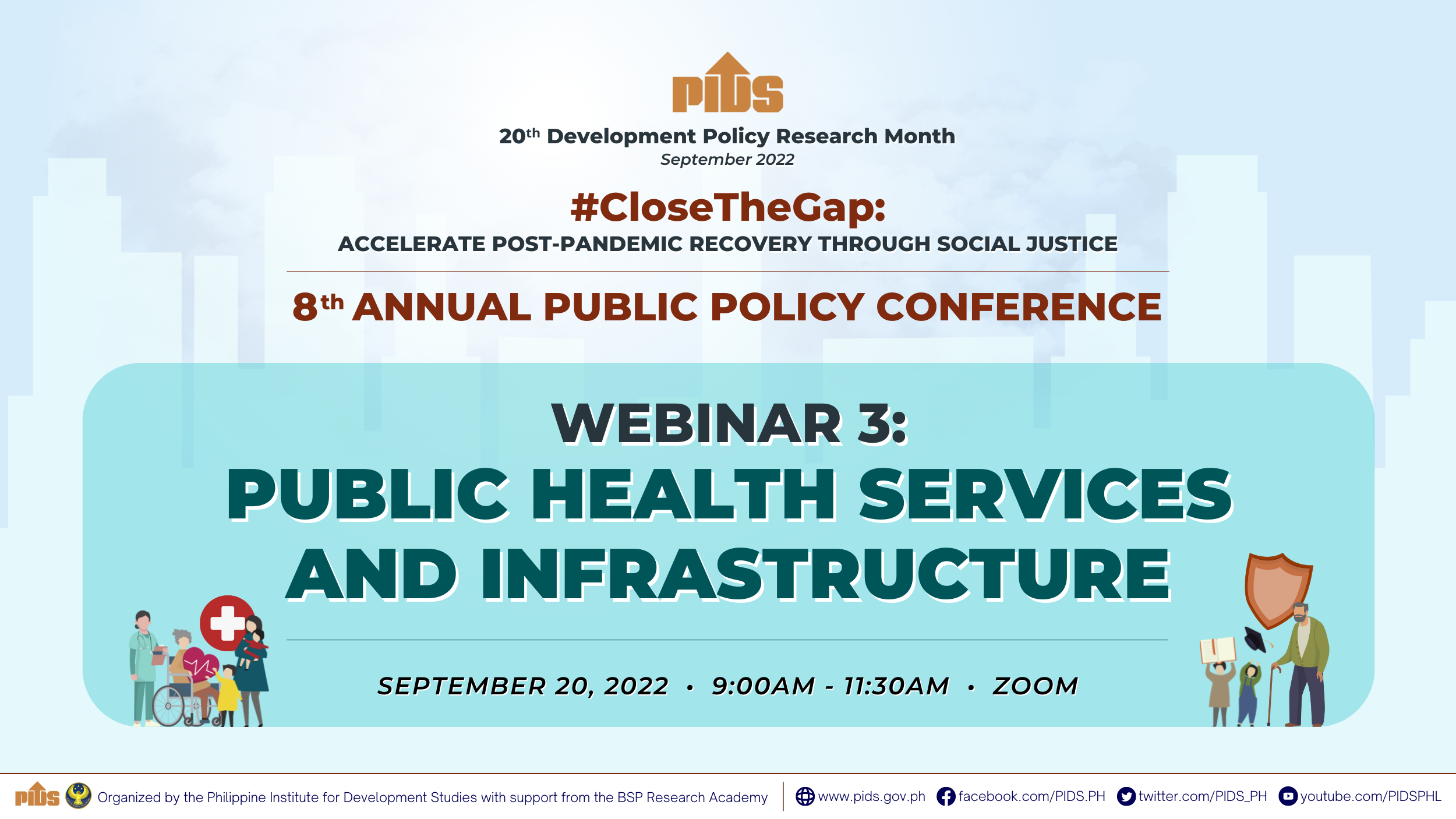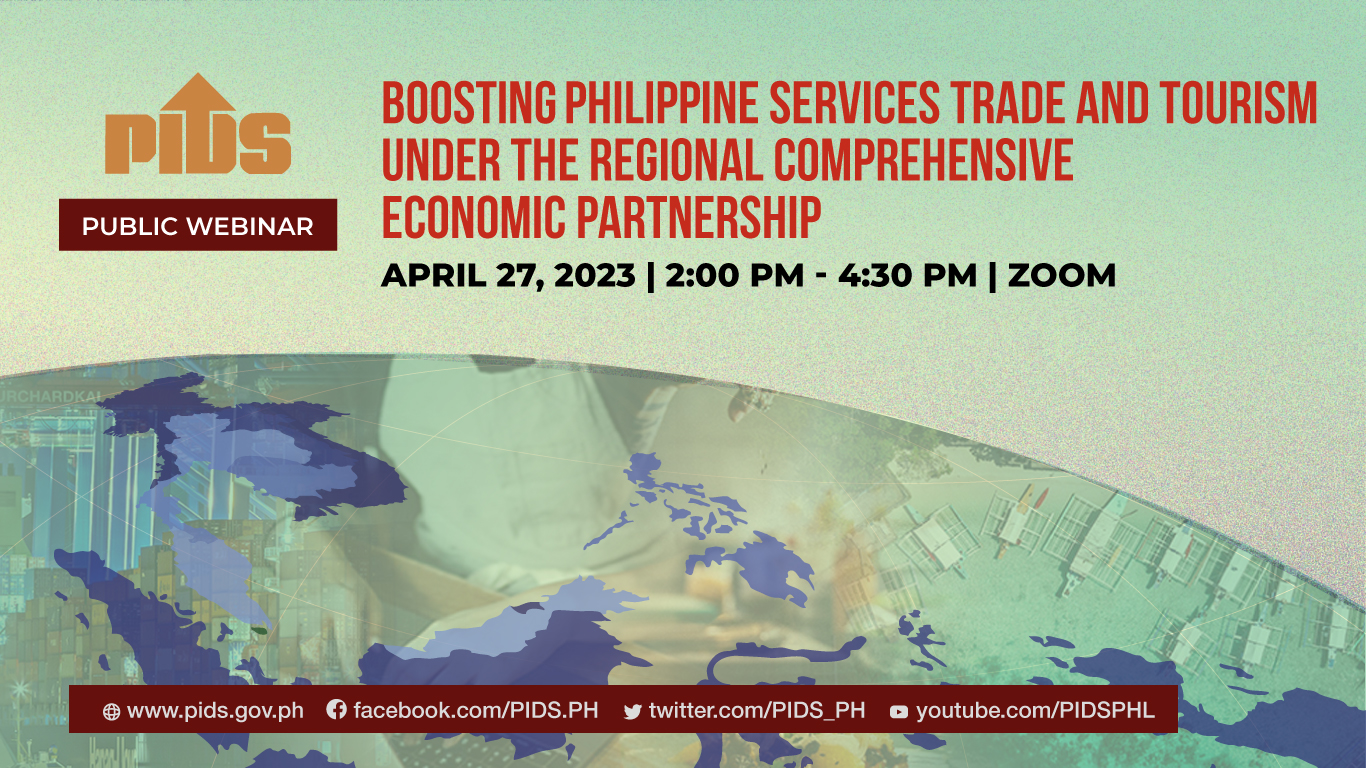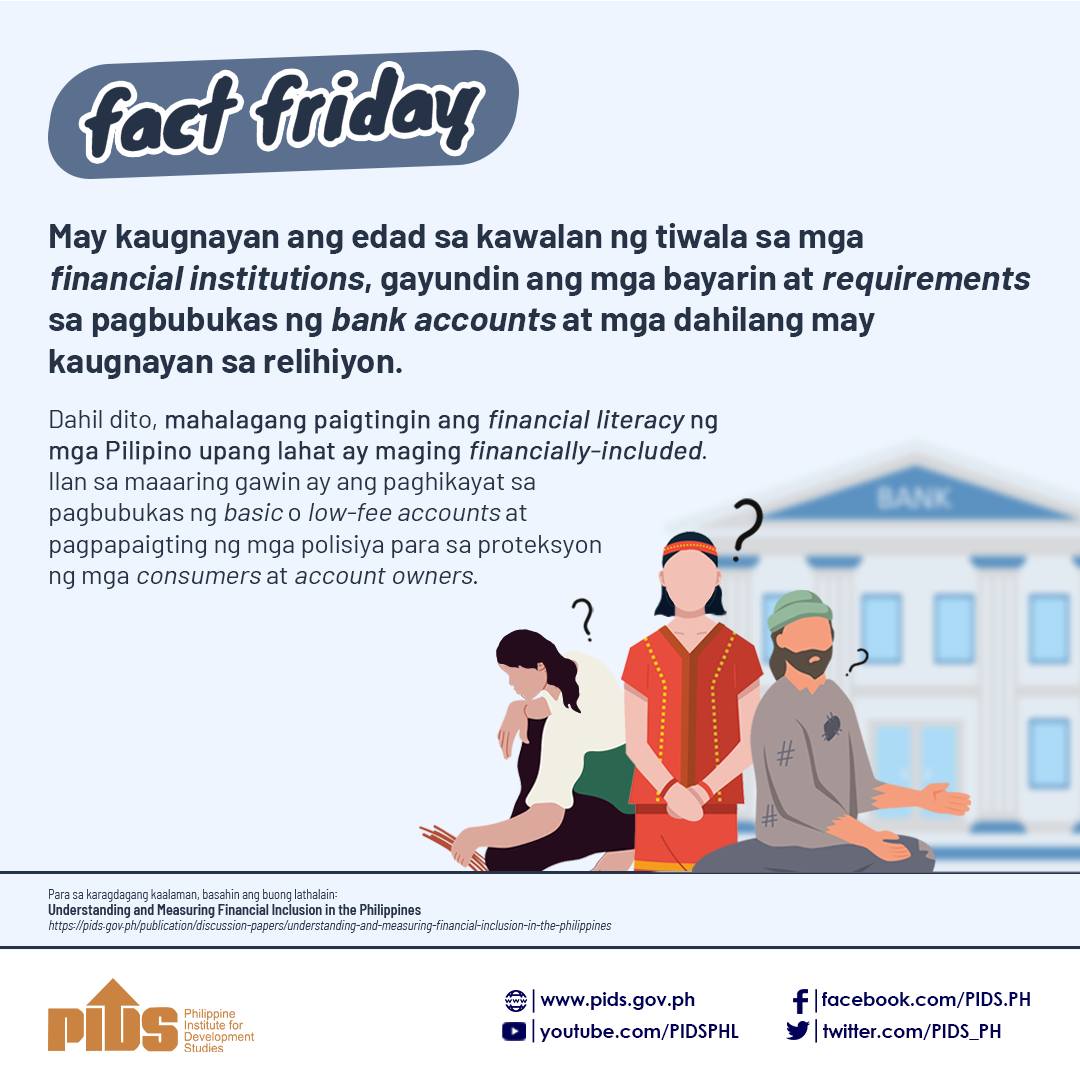THE BANGKO SENTRAL ng Pilipinas (BSP) wants foreign investors to invest in financial services in the Philippines by bringing in new technology and technical expertise.
“As we build our digital finance ecosystem, we encourage foreign investors who may bring advanced technologies and technical expertise to take advantage of untapped potential in the financial services space and be our partners in achieving our economic growth and financial inclusion objectives,” BSP Governor Benjamin E. Diokno said.
The Philippine central bank in a press release on Monday said technology and expertise will support the competitiveness of local banks.
Technology would also allow banks to expand access to new markets through partnerships, BSP added. This market expansion is expected to benefit financial consumers.
Under its digital payments transformation roadmap, the BSP plans to convert half of the volume of retail payments into digital transactions and onboard 70% of Filipino adults into the formal financial system by 2023.
Its financial inclusion survey in 2019 found that 71% of Filipino adults have no bank accounts, while more than 30% of cities and municipalities had no banking offices as of the third quarter of last year.
“By catering to the unserved and underserved, financial technology service providers may tap into a wide client base, diversify revenue sources, and secure new growth opportunities in the country, thereby improving efficiency in banking operation,” BSP said.
A Philippine Institute for Development Studies (PIDS) discussion paper released earlier this month said the government needs to support the financial technology (fintech) industry in meeting its funding and talent development needs for the sector to grow.
The availability of venture capital, it said, would support the growth of fintech startups.
‘MASSIVE COMPETITION’
Meanwhile, the fintech industry is anticipating a highly competitive business environment in 2022 as more services and products are set to be launched, an industry group official said.
“The Fintech Alliance.PH sees 2022 as an era of massive competition for the fintech and digital banking industry. As more and more digital unicorns enter the playing field, we expect to have an even more competitive market,” Fintech Alliance.ph Angelito M. Villanueva said in a Viber message last week.
“New services, features and products will be on the development pipeline which we expect to be launched this coming year.”
Fintech business activities have increased during the pandemic as lockdown restrictions limit face-to-face transactions.
The Fintech Philippines Report 2022 found that the country now has 222 financial technology companies. Launched by the alliance and Fintech News Philippines, the report said that 27% of the companies work on lending while 20% offer payments services. Another 13% offer e-wallet products and 12% are cryptocurrency or blockchain firms.
Mr. Villanueva said more Filipinos are using digital payments and cryptocurrency transactions.
“This scenario is a good indication that the industry will experience more revenue growth in the coming year especially with recent developments in the industry,” he said.
These developments include the Philippine central bank’s new regulatory framework for digital banks, he said. Mr. Villanueva noted the BSP’s open finance framework would support more financial inclusion.
But cybersecurity threats are also growing, prompting companies to ramp up security and fraud management systems.
“We have seen more sophisticated means by which hackers and other fraud infiltrate the processes and systems even of leading, digitized universal and legacy banks,” Mr. Villanueva said. “Cyberattacks such as scams and cyber fraud will always be a constant threat to the health of the digital finance ecosystem.”
Meanwhile, government agencies have also said that they plan to tighten taxation and regulation of fintech companies amid efforts to broaden the tax base. The Bureau of Internal Revenue plans to gather information that would help the agency identify fintech firms not explicitly covered by existing rules.
Foreign investments in financial services sought

